Indoor Accessibility Features
Within our AccessibleMaps Project, we created a database in which we gathered and compared 3 lists containing indoor accessibility features. One list was compiled by us from a literature review. The second list contains relevant OpenStreetMap (OSM) tags and keys (© OpenStreetMap contributors). And the third list contains A11yJSON accessibility criteria.
Downloads
A dump of our database, in comma separated values (.csv) format, can be downloaded here (note: the values are separated by semicolon):
Download zipped database with indoor accessibility features from all 3 sources.
A pdf version of the alignment table from the database, which contains a comparison of all 3 sources, can be downloaded here:
Download an alignment of the indoor accessibility features from all 3 sources as pdf.
You can also only download our list of indoor accessibility features gathered from literature (the first list in the database), in pdf format:
Download indoor acessibility features from literature list as pdf.
If you are interested in our database, but need it in another format, please contact us (see our Contact page).
Copyright and Licenses
Information provided on this page for download (the indoor accessibility features list and database) is licensed under the Open Data Commons Open Database License (ODbL) v1.0. Here is a human readable summary of the ODbL 1.0 license.
Part of the information in the database, namely the OpenStreetMap keys and tags, are also copyrighted under the Open Database License (ODbL) - see the OSM copyright page.
A11yJSON is an open standard created by Sozialhelden e.V.. It is licensed under the MIT license.
Acknowledgement
These resources are supplemental material for the ICCHP 2022 Paper:
Constantinescu, A., Müller, K., Loitsch, C., Zappe, S., & Stiefelhagen, R. (2022). Traveling to Unknown Buildings: Accessibility Features for Indoor Maps. In K. Miesenberger, G. Kouroupetroglu, K. Mavrou, R. Manduchi, M. Covarrubias Rodriguez, & P. Penaz (Eds.), Springer Lecture Notes in Computer Science (LNCS), Computers Helping People with Special Needs. Springer.
This research was carried by ACCESS@KIT within the AccessibleMaps Project, funded by the German Federal Ministry of Labour and Social Affairs (BMAS).

This work is licensed under a Creative Commons Attribution 4.0 International License.


